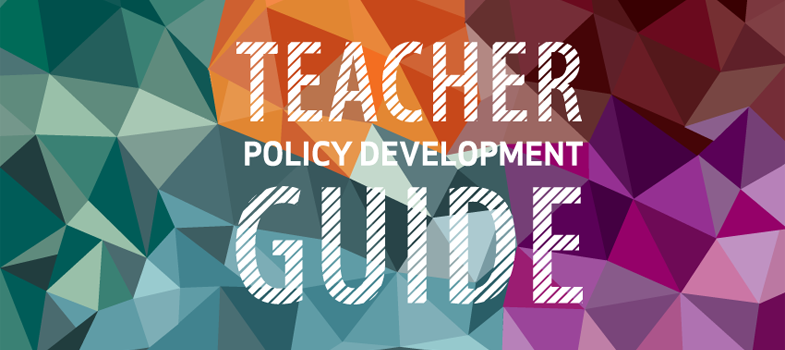3.2.6 Training in inclusion and equity
Principles of inclusion and equity should characterize all levels of initial teacher education, from the recruitment of trainee teachers to the recruitment of teacher educators, and the content and approach of the training. Initial teacher training curricula should include an explicit focus on training in inclusion and equity, so that trainees learn to teach in ways that are inclusive of all learners, regardless of gender, disability, ethnicity and language or membership of minority groups. Teachers should be aware of the mechanisms of exclusion, prejudice and discrimination, and should be enabled to adapt their methods and teaching aids to suit the different learning needs of different groups of learners, including those with special educational needs. Training should include education in citizenship and equity, to ensure effective participation. An equity focus in training would ensure that there are sufficient numbers of teachers who are trained to offer instruction in the home language (UNESCO, 2010d: 186– 87; UNESCO, 2014a: 218, 239, 247).
Training in inclusion and equity in initial teacher education should reflect the national policy for inclusive education. Where such a policy does not already exist, governments should consider developing one, while ensuring coherence with the teacher policy.
3.2.5 Qualification, induction of new teachers, mentoring and probation
